Your cart is currently empty!
Tag: PestControl
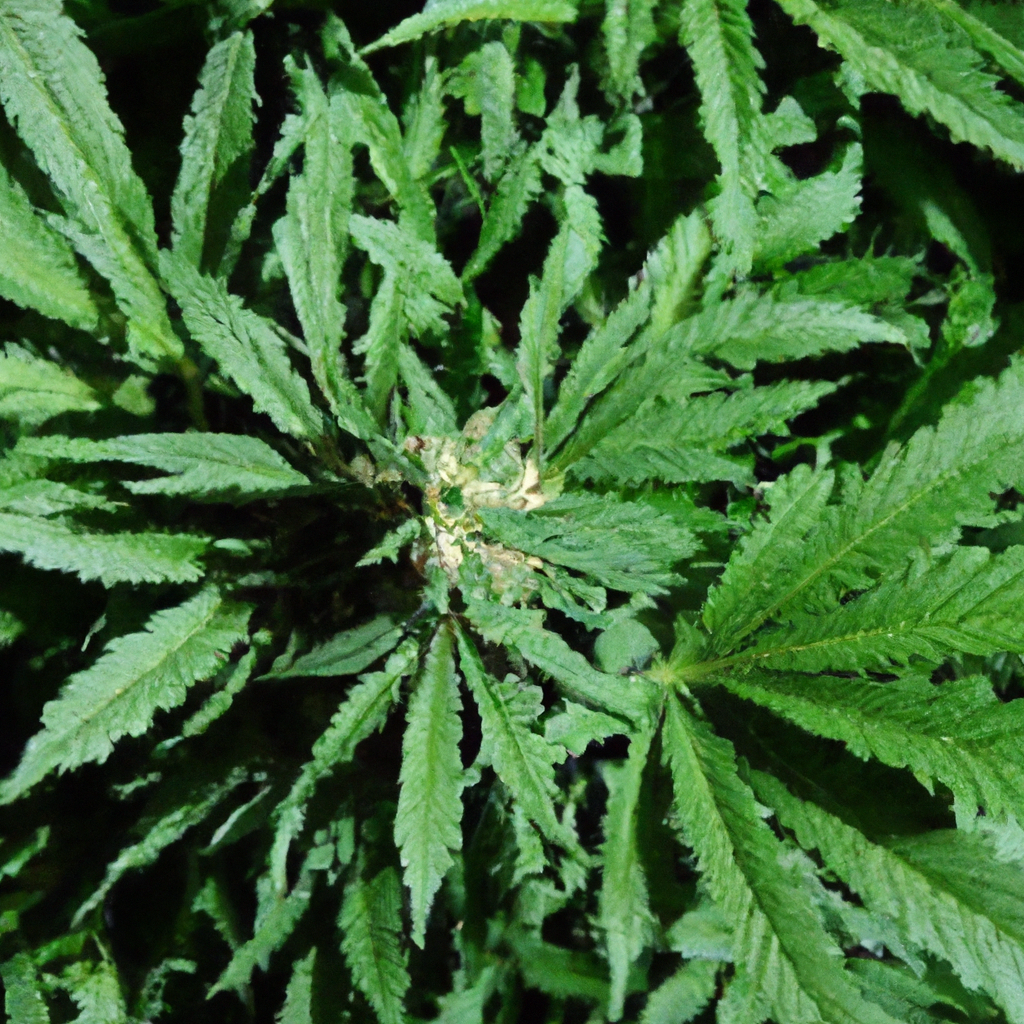
Delving into organic cannabis cultivation introduces a sustainable, eco-friendly gardening approach that not only benefits the environment but also yields safer and more aromatic products. The foundation of organic cannabis growth is a healthy soil ecosystem, enriched with natural fertilizers like compost and nourished by cover crops and crop rotation. Organic practices, such as using…
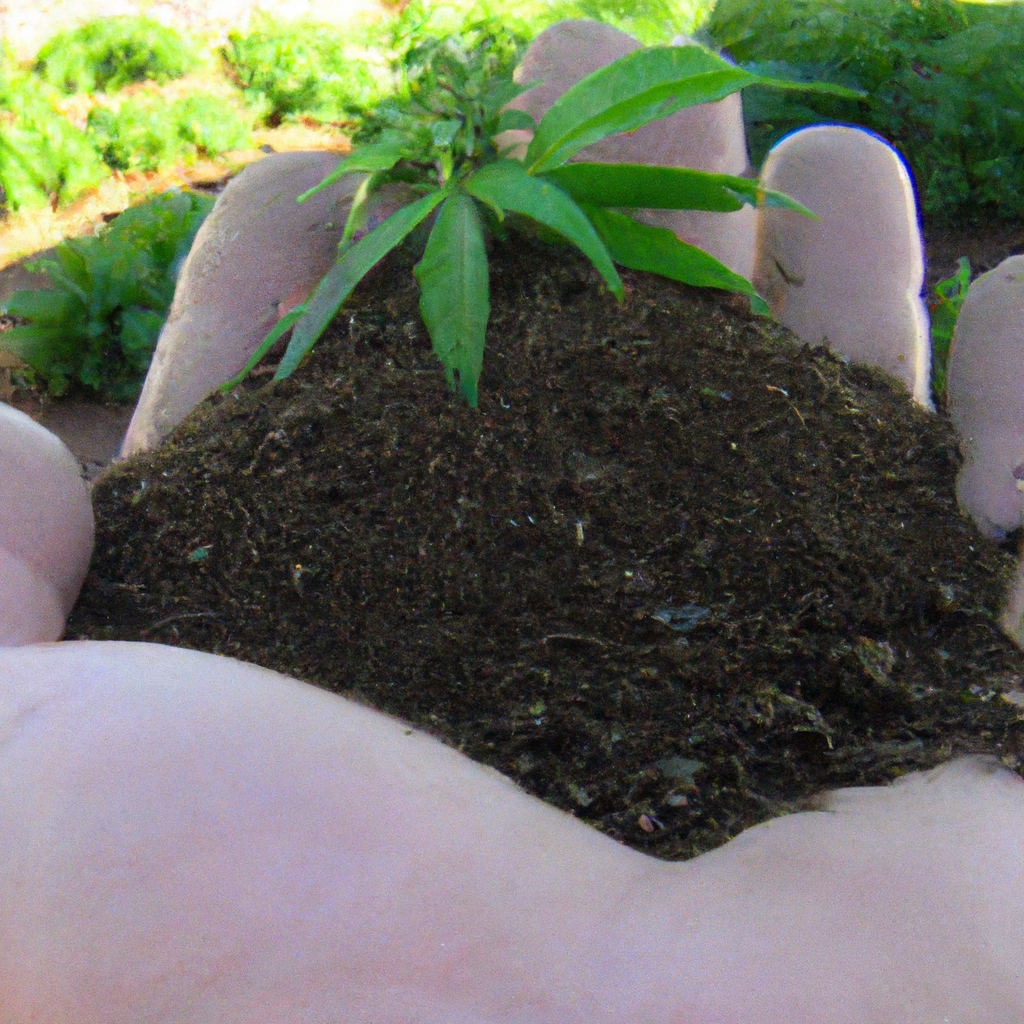
Embracing organic cultivation for cannabis enhances harvest quality and environmental health. Key practices include using natural fertilizers like compost, worm castings, and bat guano to enrich soil without synthetic chemicals. Building a robust soil ecosystem with organic matter and promoting biodiversity through crop rotation boosts plant nutrition. For pest management, deploy natural solutions such as…
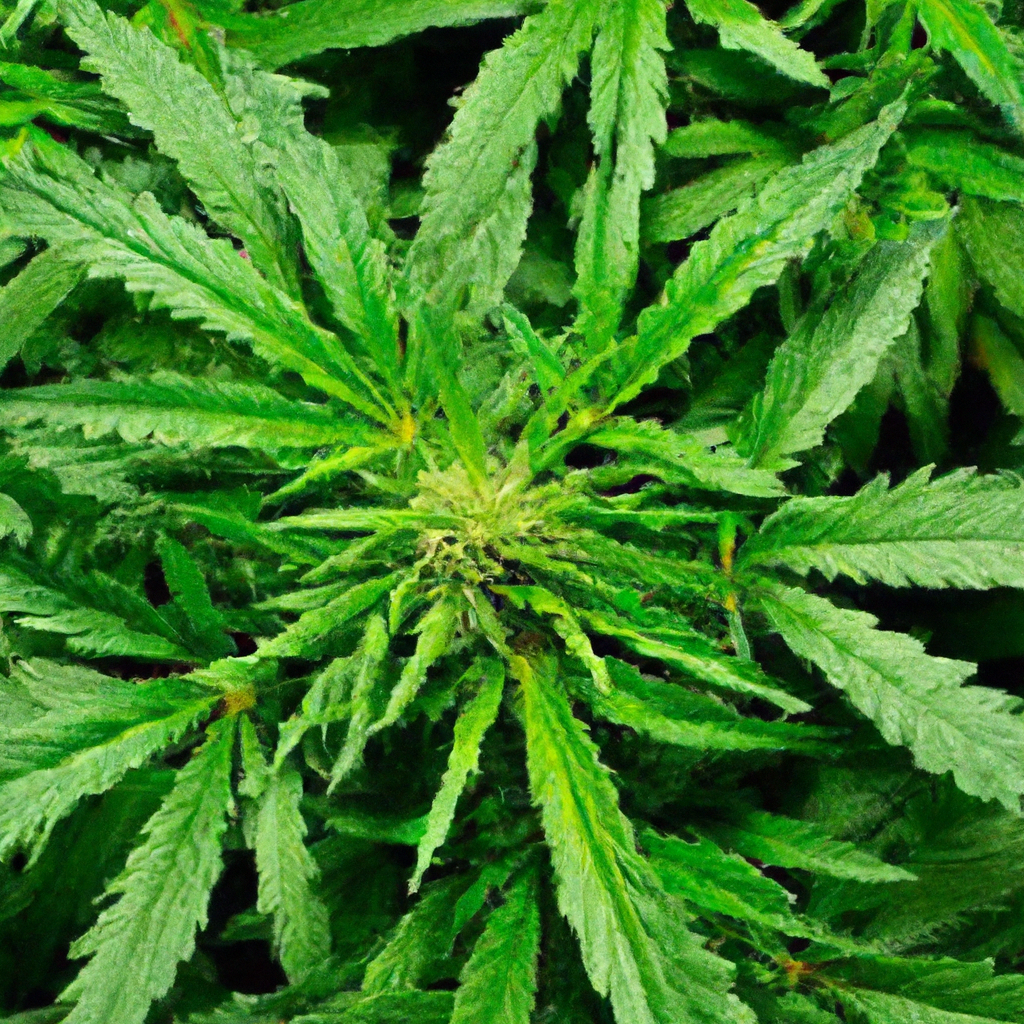
Embarking on organic cannabis cultivation can be rewarding and beneficial for the environment. By utilizing natural fertilizers, composting, and sustainable pest control, growers can produce healthier crops and promote ecological balance. This guide details best practices for nurturing cannabis plants organically, focusing on building healthy soil ecosystems, using natural fertilizer options like bone meal and…

Embracing organic cannabis cultivation ensures healthier crops while benefiting the environment and consumers. By avoiding synthetic chemicals and building robust ecosystems with natural fertilizers, composting, and eco-friendly pest management, growers can cultivate cannabis sustainably. Key practices include enhancing soil health through composting, beneficial microbes, and crop rotation, using organic fertilizers like bone meal and worm…
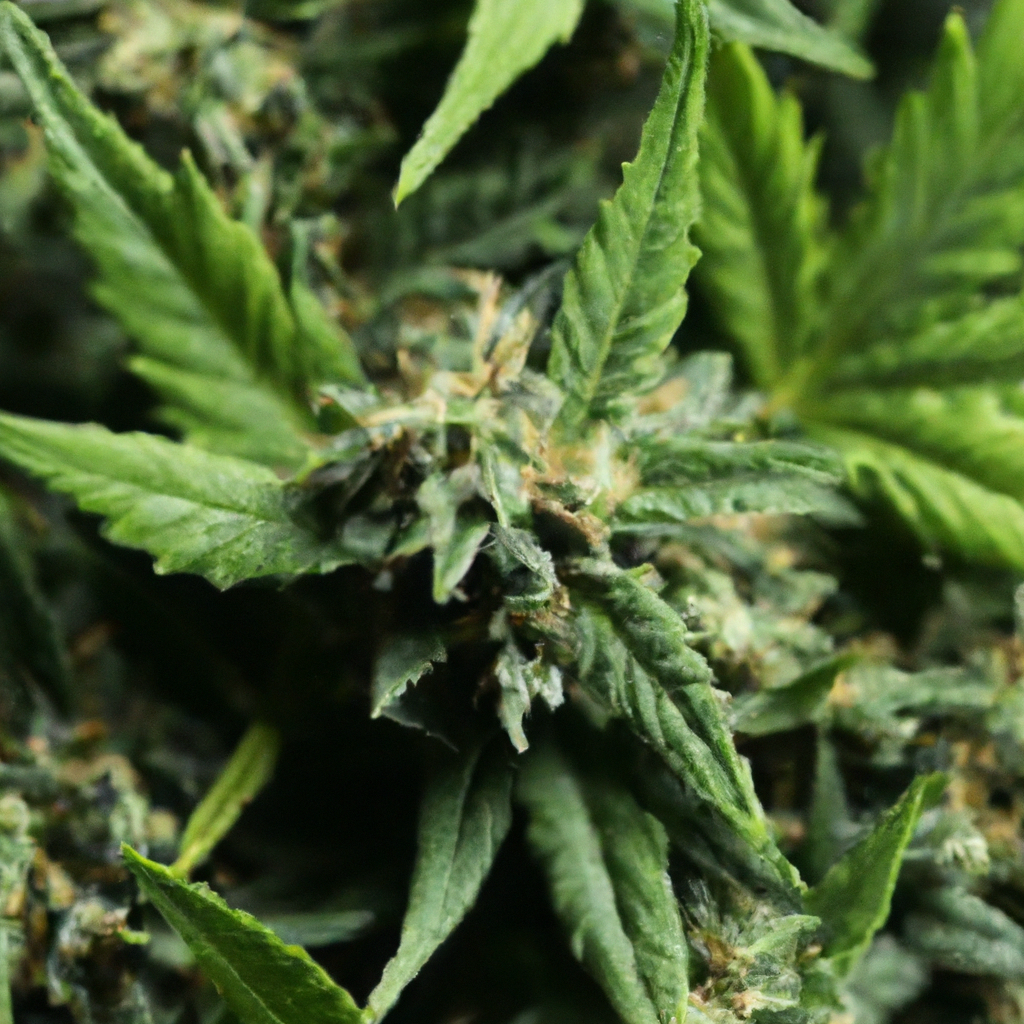
Organic cannabis cultivation is a movement towards sustainability, health, and environmental responsibility. This article highlights eco-friendly practices to maximize yields and minimize ecological impact. Tips include building nutrient-rich soil using compost, cover crops, and mulch; using natural fertilizers like worm castings and bone meal; and implementing eco-friendly pest control with companion planting and beneficial insects.…
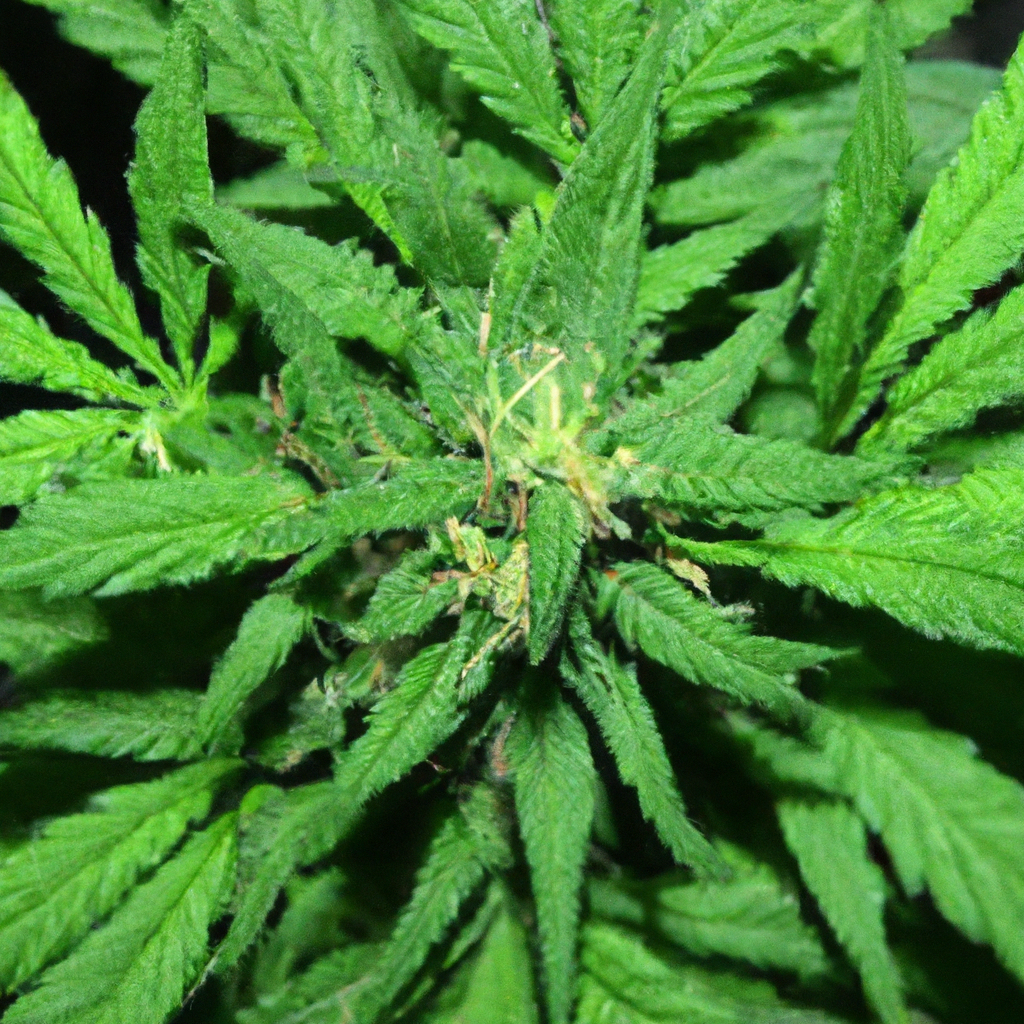
Organic cannabis cultivation is gaining popularity among growers seeking high-quality, eco-friendly products. By using natural fertilizers, composting, and sustainable pest control, cultivators promote a healthy soil ecosystem and avoid synthetic chemicals. This approach benefits the environment and enhances cannabis quality, offering a superior experience for consumers. Techniques include enriching soil with compost and natural fertilizers,…
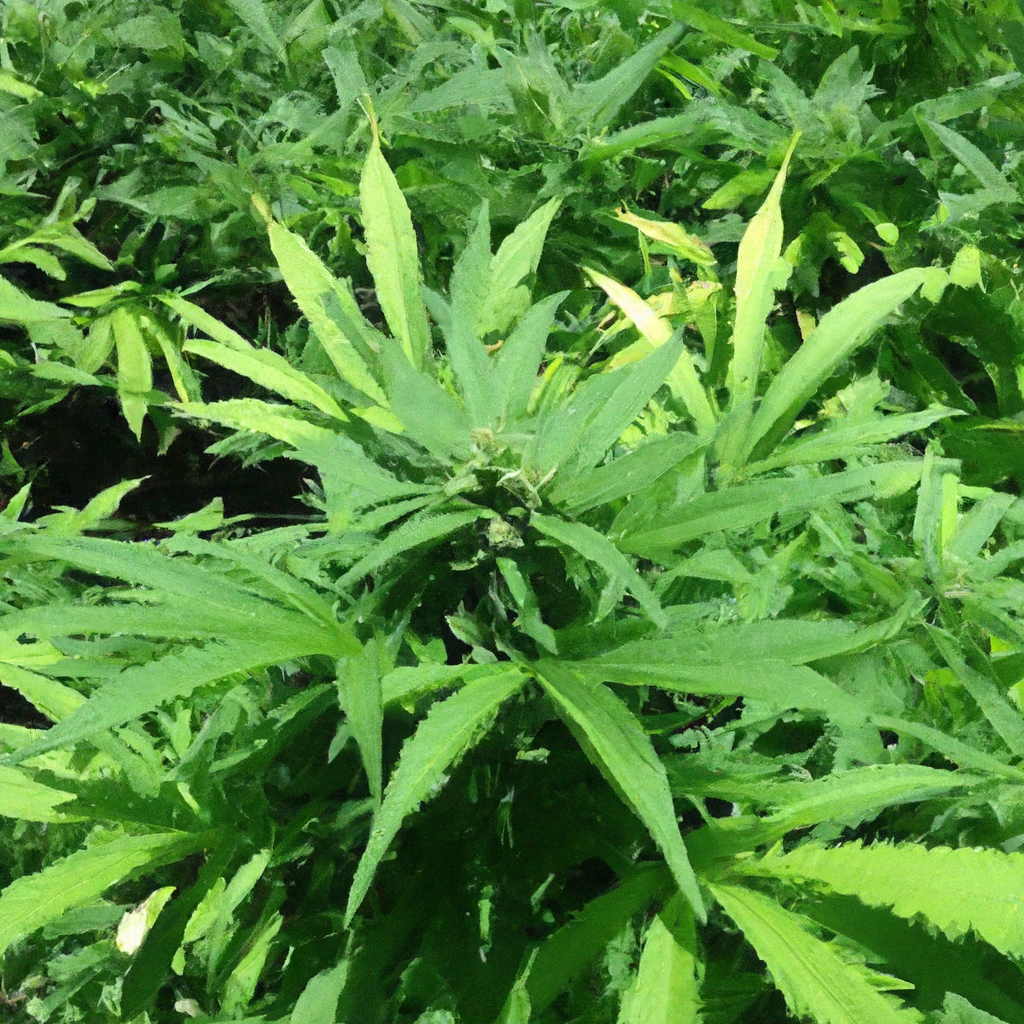
This guide explores organic cannabis cultivation, emphasizing sustainable practices that enhance both environmental health and product quality. Key strategies include fostering a healthy soil ecosystem with compost, cover crops, and mulch, while avoiding synthetic chemicals by using natural fertilizers and homemade pest solutions. Sustainable methods like water conservation, renewable energy, and eco-friendly packaging are also…
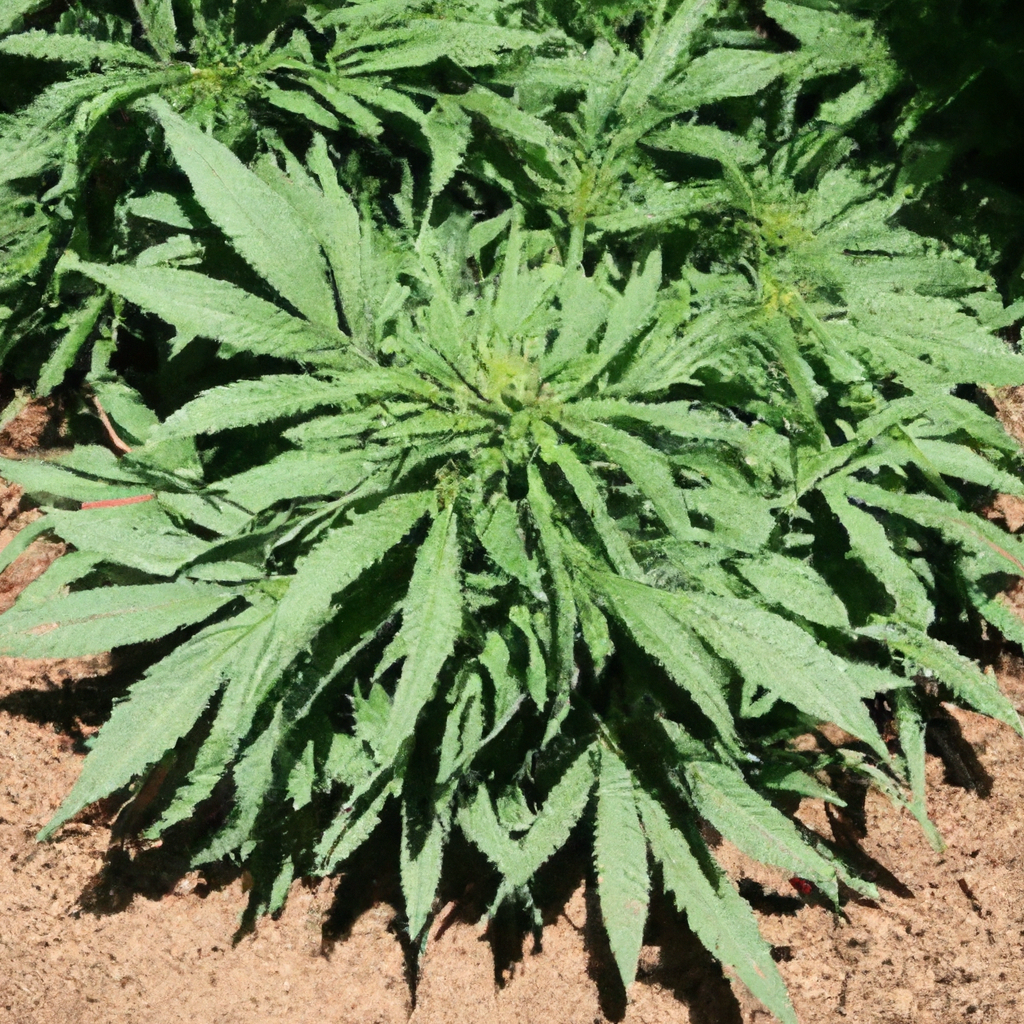
Discover the transformative practices of organic cannabis cultivation and how they benefit both plants and the environment. This guide explores using natural fertilizers, homemade compost, and sustainable pest control methods to nurture robust cannabis plants while avoiding synthetic chemicals. Learn about enriching the soil with manure, bone meal, and companion planting alongside biodiversity practices like…
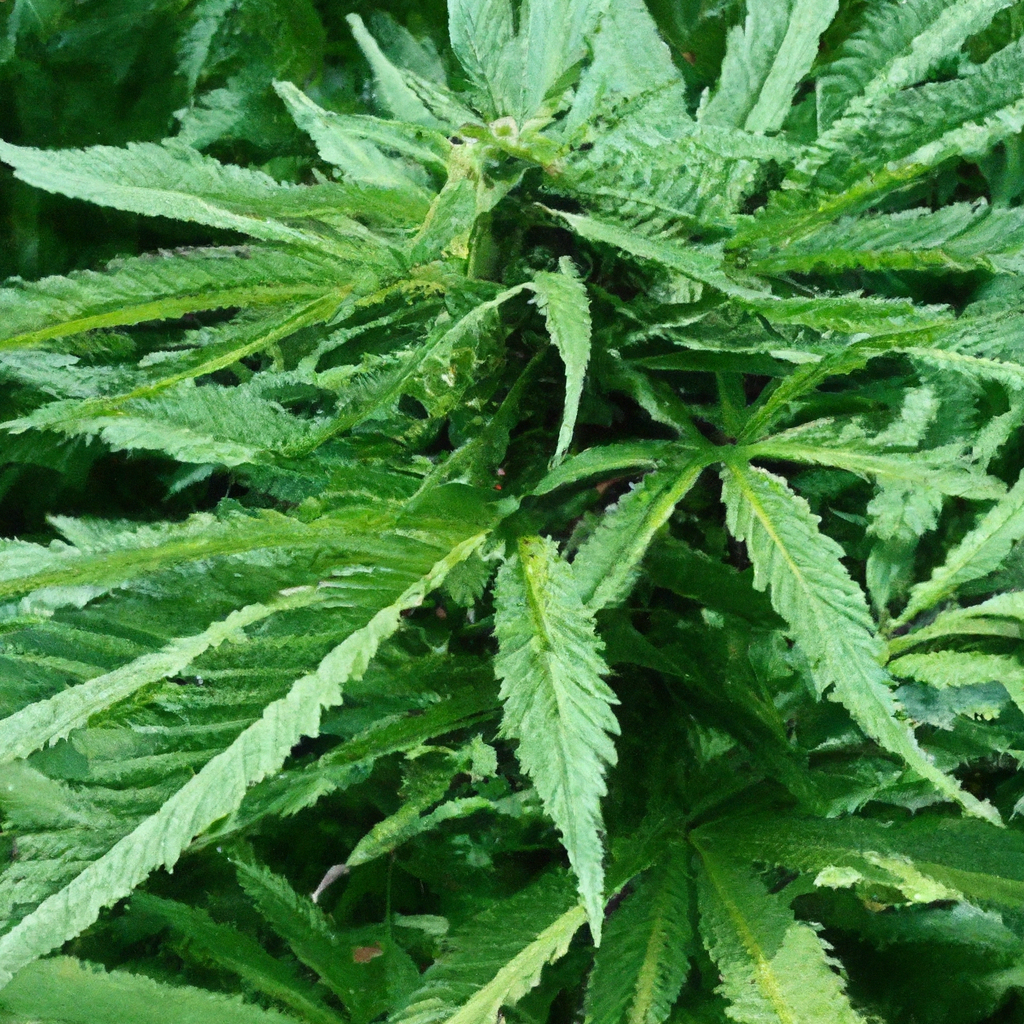
Organic cannabis cultivation is gaining popularity for its environmental benefits and natural product offerings. This blog post delves into best practices for growing cannabis organically, emphasizing the importance of a healthy soil ecosystem, the use of natural fertilizers, and sustainable pest control methods. Key techniques include compost integration, mulching, and crop rotation to maintain soil…
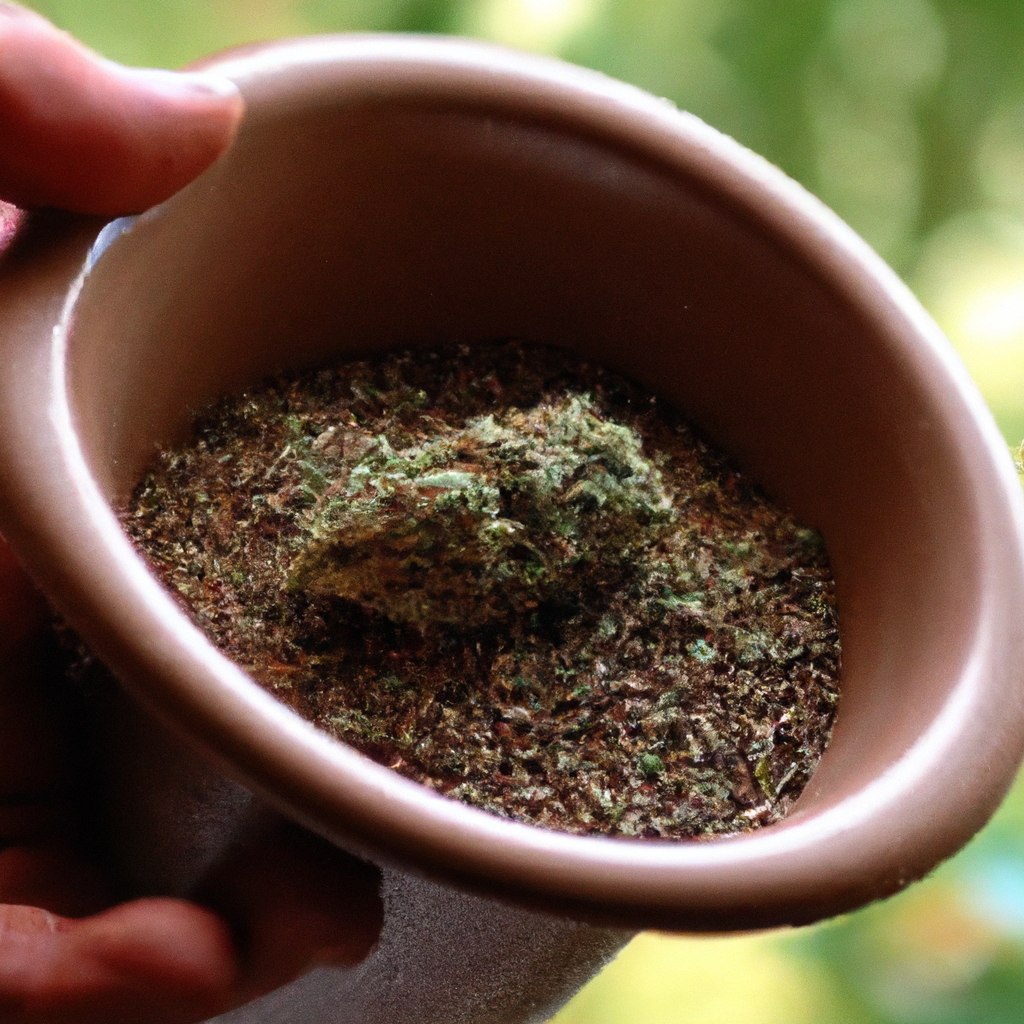
The demand for organic cannabis is rising as consumers prioritize health and environmental sustainability. This article explores best practices for organic cultivation, including nurturing soil health, using natural fertilizers, and employing eco-friendly pest control methods. Key practices include composting, crop rotation, and utilizing cover crops to enhance soil fertility. Organic fertilizers like fish emulsion and…
